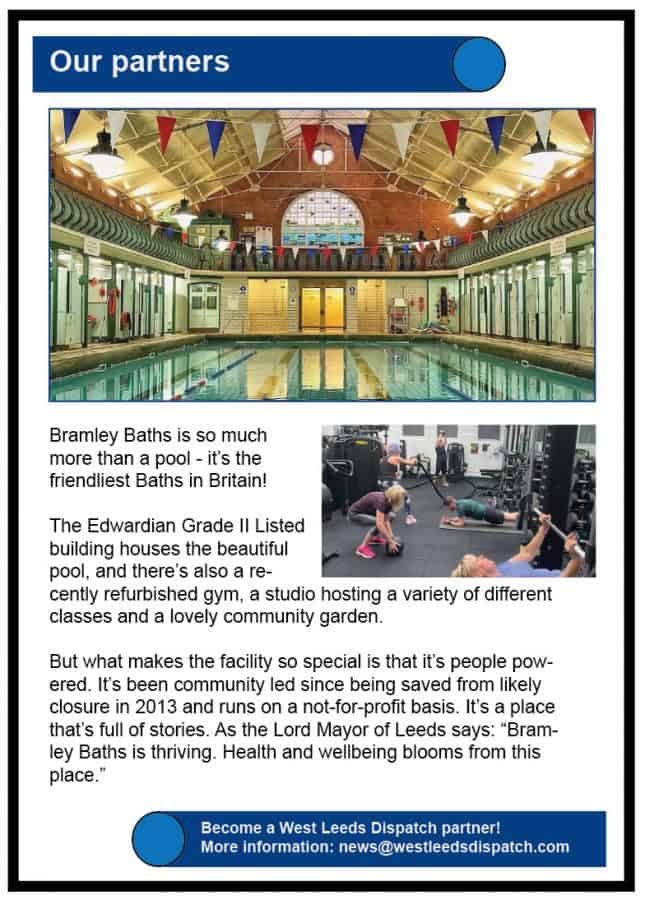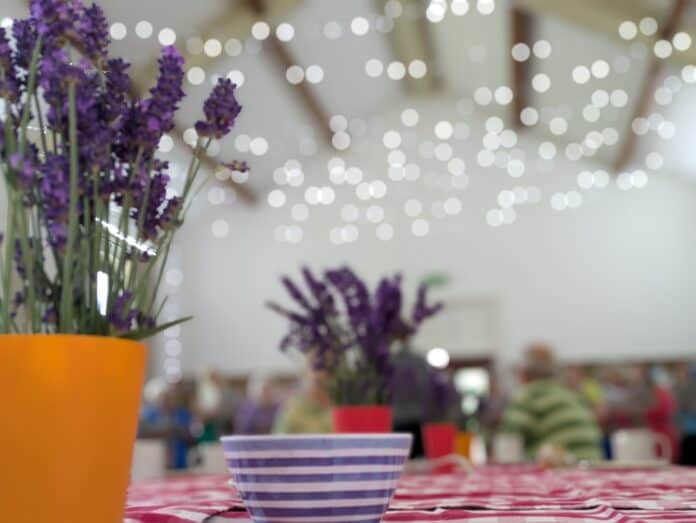By Noelle Williamson
In an earlier interview, Rachael Kelley, as one of the founding members of Café Revive in
Calverley, described what the St Wilfrid’s team wanted to offer people living with memory
problems, and explained how the Memory Support Service works.
This time, she talks about the work of the Leeds Beckett Centre for Dementia Research,
where she works, and how people who have been diagnosed with dementia – along with their families and friends – can take part in this research as Advisors in the Leeds Beckett Lived Experience Group.
If what Rachael has to say interests you, you can find out more about the Lived Experience
Group via the link at the bottom of the page.
Rachael: At Leeds Beckett, we do lots of research into how we can make care and support
for people with dementia and their families as good as it can be. So, that might be the assessment and diagnosis process. It might be care in hospitals. It might be care in care
homes.
WLD: I assumed that any research would be into causes and – if not cures – drugs to make people feel better.
Rachael: There are broadly two types of research into dementia. One is all about cures, treatment and prevention, and there are good advances being made in terms of treatments for dementia. But you can’t just have that.
There are over 100 different types of dementia, so we’re not going to be in a position any time soon, even with these newer treatments, where dementia is going to go away, unfortunately.
And I think it’s fair to say that the care and support that people get isn’t always as it should
be, so the other really important thing to be doing research into is:
How can we support people as well as possible? What do people living with dementia want?
What do their family members want? How can we support people in ways that work for
them, as well as possible?
That’s what we focus on, and that might be care and support directly to people. It might be how can we train and support members of staff in different places to really understand
what it’s like to live with dementia, and to support someone in a really person-centred way?
That’s the side of it that we focus on. Definitely no laboratories and white coats!
WLD: It’s actually good to hear about this very human area of research.
Rachael: “One of the things we really concentrate on is trying to capture the views and
experiences of people living with dementia, and their family members and friends.
“We try and use research methods that help people to share their own stories, whether
that’s spending lots of time with people and going to places with them so we can kind of
see, ‘in the moment’ with them, what it’s like – or maybe using really creative approaches.
“We have a few people who have a background in the Arts, and they do lots of lovely creative engagement that’s easier for people to participate in. We also have lots of people living with dementia, and their family members, who are Advisors for our centre, so they advise us on the work that we do. What topics should we be looking at?
“If we’re going to do a project in a certain area, how should we go about doing it in a way that’s as inclusive as possible? Here is the link to our website, that explains how people with lived experience of dementia can get involved in advising us on the research we
do.”
Sponsored content


